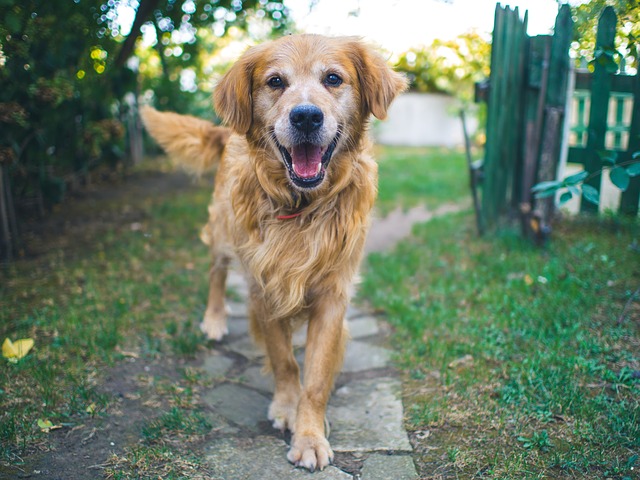There is "no evidence" that pets can be infected with the new coronavirus (Covid-19), or can transmit it to humans, according to several animal health organisations.
The news that a 17-year-old Pomeranian dog in Hong Kong was infected with the coronavirus worried a lot of pet owners. However, the number of virus particles found in the dog was very low, making it a "weak positive."
Additionally, no symptoms were determined, and the dog was allowed to return home virus-free after 17 days. Two days later, the dog died, most likely of old age, as the Pomeranians usually only have a life expectancy between 12 and 16 years old.
There is a variant of the coronavirus that can make dogs sick, the so-called canine coronavirus, but it is not the same as the current Covid-19. Additionally, the canine coronavirus is not transmissible to humans.
Related News
- Coronavirus: Humans suffer but also animals in transport over borders
- UN calls for 'immediate global ceasefire' to fight coronavirus
- Coronavirus: thousands volunteer as back-up medical staff in Flanders
“Both the OIE (World Organisation for Animal Health) and WSAVA (World Small Animal Veterinary Association) have confirmed that there is currently no evidence that companion animals can spread COVID-19," said Roxane Feller, Secretary-General of Animal Health Europe to The Brussels Times.
"Pet owners are advised to continue proper hygiene practices when in contact with their four-legged friends. There is no evidence that pet dogs or cats can be a source of infection for this virus, so their continued care is advised, especially during confinement, as they can be a great source of both fun and companionship," she added.
Additionally, there is "no evidence that a dog, a cat, or another pet can transmit the coronavirus," according to the World Health Organisation (WHO).
Hygiene regulations, like washing your hands with soap, also remain in place after contact with your dog or cat. If you are sick because of the coronavirus, you should limit your contact with your pets as much as possible, the OIE advises.
Maïthé Chini and Jules Johnston
The Brussels Times

